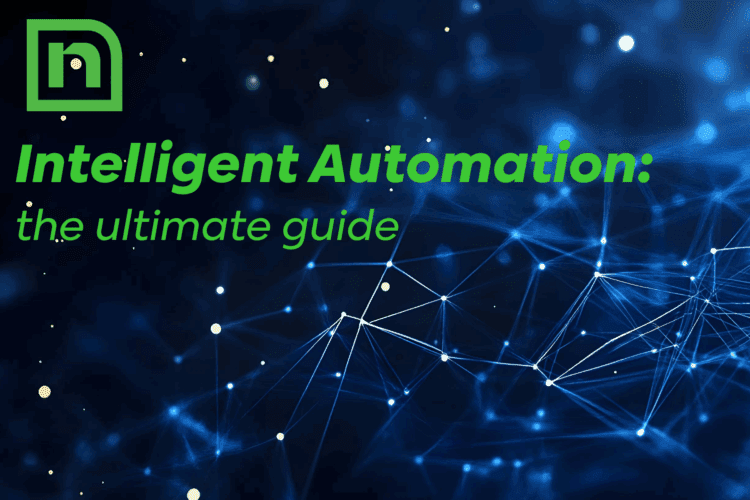“The Only Constant in Life Is Change.” – Heraclitus
Even as early as 535 BC, we humans recognized that change is all around us. While the changes under discussion have shifted from “No man ever steps in the same river twice” to “How can we keep pace with technology,” one fact remains the same: Nothing stays stagnate, and the better you become at managing change, the better off you will be.
When it comes to Digital Transformation, change can be broken down into two key components:
- The Technical Side: Design, develop, and deploy a solution to meet the need in front of us.
- The People Side: Ensuring that the solution is engaged with, adopted, and used by the desired group.
Although the two components may seem very different, we should think of change as a two sides of the same coin.
But often, we get so caught up in the digital or technical side of change that we don’t provide enough attention to the people side.
What’s the impact of that oversight? According to Prosci, you are:
- 6x more likely to miss project objectives
- 5x more likely to extend project timelines
- 2x more likely to have additional project costs
Tim Creasey, Chief Innovation Officer with Prosci, joined me to discuss repeatable, scalable change and to capture the people-dependent ROI that goes hand and hand with Digital Transformation.
In the interview, Tim shares signs that you may have missed the mark on the people side of change, including the “re-costs” associated with change management gone wrong: redesign, rescope, retrain, redevelop…
So, how do you help your team feel prepared, equipped, and supported for change? Let’s explore 3 ways you can achieve all of this.
Repeatable, Scalable Change Management: 3 Ways to Help Your Team Navigate Change
1. A Mindset Shift
First and foremost, you must appreciate and understand that change management is not a box to check. The people side of change will always be present.
Change management is not an expense line of a project, but rather an investment to ensure you can capitalize on the human-driven ROI of your project. Effectively managing the people side of change will enable us to deliver on the promises of the technical components of a change.
2. Demonstration Projects
Rather than using a “pilot project” to demonstrate the benefits of the outcome, Tim suggests using demonstration projects. Pilots are used when we don’t know the outcome of a project. However, with proven strategies and certifications, such as those that Prosci provides, you can predict the outcomes:
- 6x more likely to meet project objectives
- 5x more likely to stay on schedule
- 2x more likely to stay on budget
When we can show the impact of driving the adoption of change, we can build an appetite for all projects to be managed this way.
3. Organizational Agility
Getting better at managing change is a change in itself. There is a technical side of getting better at change and a people side of getting better at change, just like all other change.
Tim sights organizational agility as the more important core competencies that you can have to succeed in the world that we live and work in today. The organizations that have successfully adapted with life’s twists and turns over the last 2 years are the perfect case study for why change management matters.
Eventually, your organization’s ability to manage change can turn into a competitive advantage.






